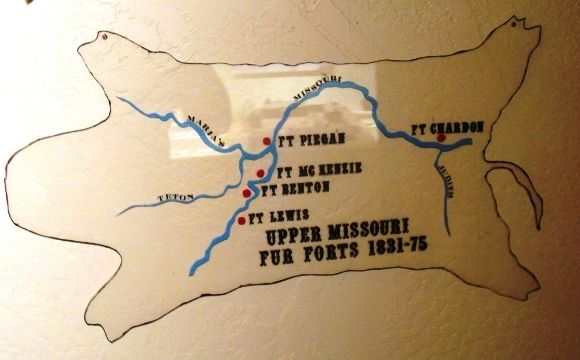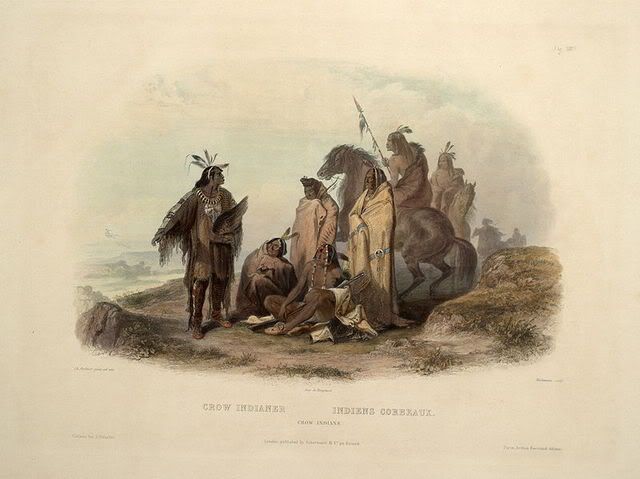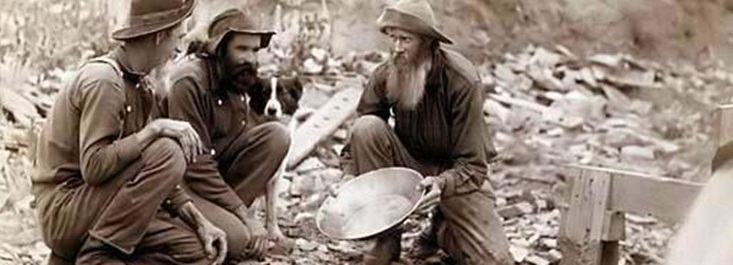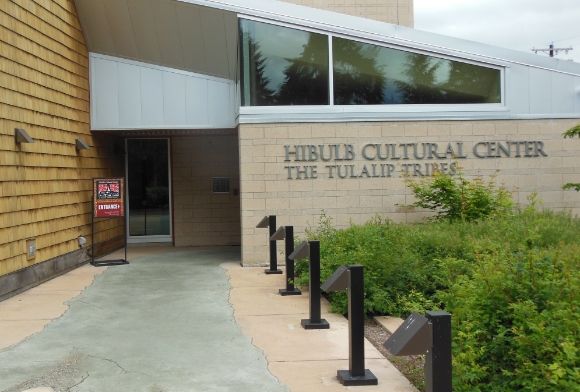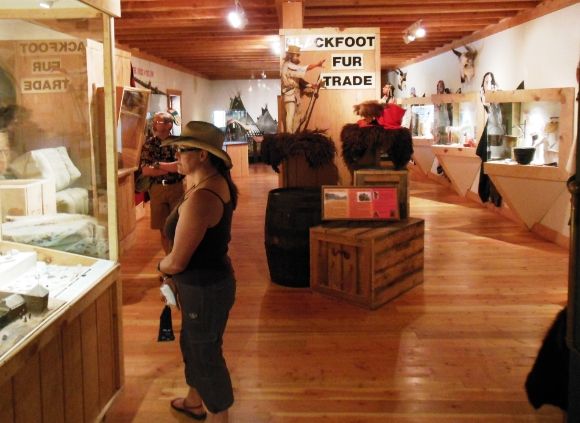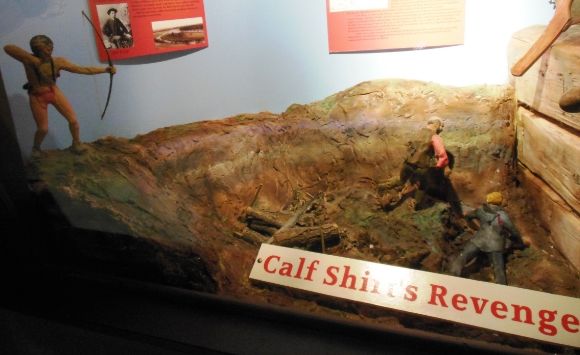Fort Manuel Lisa and the Indians
When the Corps of Discovery under the leadership of Meriwether Lewis and William Clark returned to St. Louis after their journey to the Pacific Ocean in 1807, they brought back reports of the rich beaver country at the headwaters of the Missouri River. As a result, the Upper Missouri in Montana became one of the … Continued


